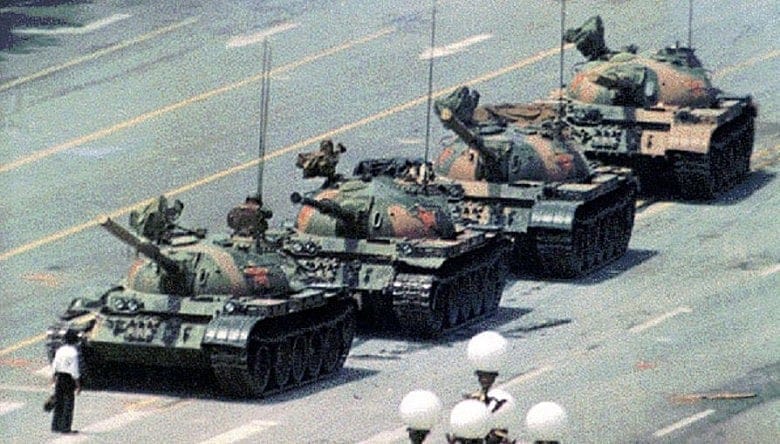Fighting for women’s rights and against gendercide in China

"A Heart for Freedom" essentially tells two stories. On one hand, it is author Chai Ling's account of her role as commander-in-chief of the spring-summer 1989 Tiananmen Square student protests. On the other hand, the book relates Chai's conversion to Christianity and her 2010 founding of All Girls Allowed – an organization dedicated to eliminating China's one-child policy and restoring life, dignity, hope and justice to the nation's oppressed girls, women and unborn children.

